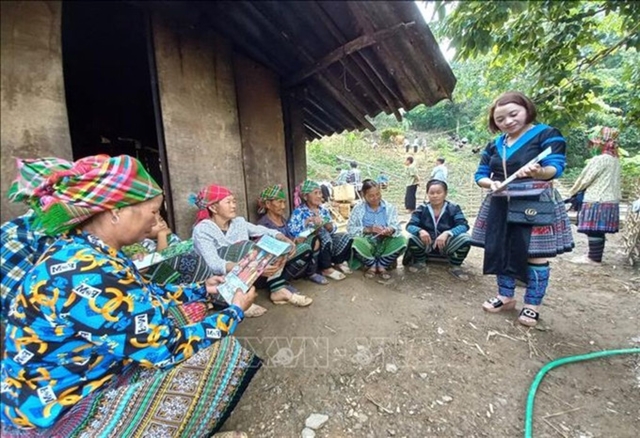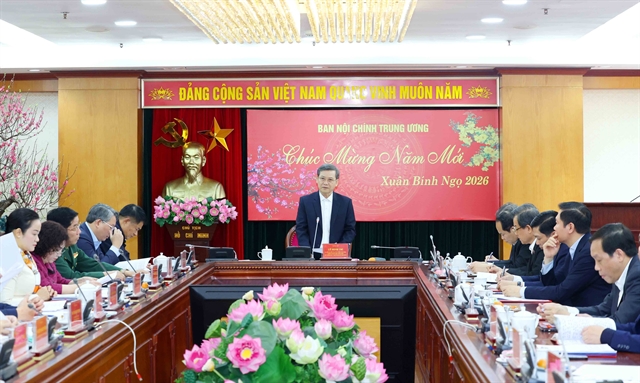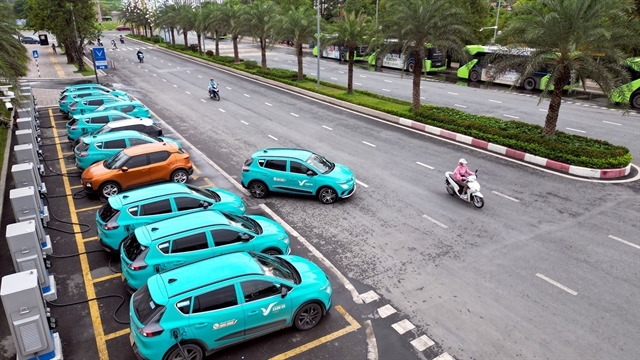 Society
Society

The south-central province of Bình Thuận has identified tourism as one of three key pillars of its socio - economic development, and is focused on developing it in a professional manner.
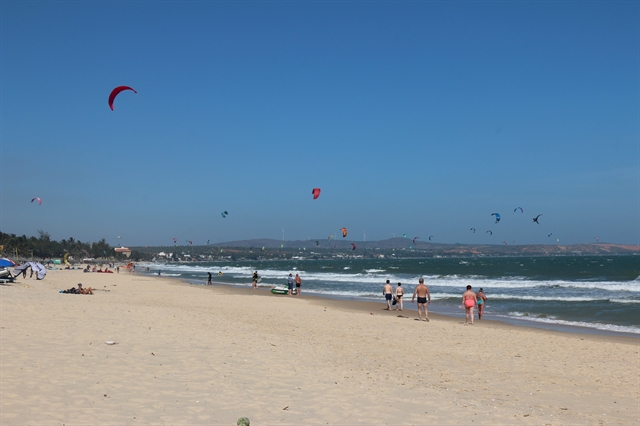
|
| Mũi Né Beach in Bình Thuận Province’s Phan Thiết City. The beach attracts tourists with its beauty and beach sports. — VNA/VNS Photo Hồng Hiếu |
BÌNH THUẬN — The south-central province of Bình Thuận has identified tourism as one of three key pillars of its socio-economic development, and is focused on developing it in a professional manner.
This would be done in combination with environmental protection and preservation and promotion of cultural identities, its Department of Culture, Sports and Tourism said.
It has mountains, plains and a long coastline with attractive landscapes including unspoiled beaches, diverse culture and ancient architectural sites to attract tourists.
The province is well known for its safe, friendly and quality tourism destinations.
As the fallout from the COVID-19 pandemic froze tourism activities for the last two years, the province has again begun to welcome tourists again in recent months and made a good start.
With the province authorities, localities and tourist companies taking various measures to revive tourism, nearly 600,000 people visited it in the first two months of this year, including more than 10,000 foreigners.
The province effectively implemented policies to support tourist companies and workers who faced difficulties due to the pandemic, helping them recover.
This year it targets attracting 4.5 million tourists, including 220,000 foreigners, compared to 6.5 million in 2019, and earning revenues of VNĐ13 trillion (US$570 million).
Nguyễn Ngọc Lan, deputy director of the department, said: “The province will renovate and improve the quality of tourism products by focusing on developing sea, sport, entertainment, and cultural products.”
It would improve their quality of human resources to meet market requirements, she promised.
Digitisation and the use of advanced technologies would be strengthened for developing tourism services, she said.
“The province will focus on promotional activities to make Bình Thuận become an international tourism destination.”
With the pandemic affecting promotional activities to attract foreign tourists, the department has switched to focusing on domestic tourists.
It carried out field trips in Tuy Phong, Bắc Bình and Hàm Thuận Nam districts and Phan Thiết City to survey their tourism destinations and new tourism products and recommended them to tourists.
Welcome tourists
Tourism companies and accommodation facilities in the province have taken measures like upgrading rooms and service quality to prepare for the arrival of foreign tourists when the country fully reopens on March 15.
Hoàng Ngọc Resort in Phan Thiết City’s Hàm Tiến Ward, for instance, has repaired and upgraded all its facilities like reception area, restaurant, swimming pools, and rooms.
It has retrained its staff to ensure service quality improves and taught them COVID safety measures.
Trần Văn Sang, deputy director of the resort, said: “All preparations were done in the past two months and [we] now await the return of international tourists.”
The province’s traditional tourist markets include Russia, China and South Korea.
But Sang added, “Beside traditional international tourist markets, we aim to diversify [to get tourists] from Germany, the UK, Sweden, Denmark and other countries.”
The province, renowned as a ‘resort capital’ since 1995, is known for its seaside resorts and beach sports, which are popular among foreign tourists.
It has more than 200 hotels and other properties to accommodate tourists.
Most are rated three- to five-star and are in Phan Thiết City and La Gi Town, the province’s most popular tourism destinations.
Bình Thuận plans to achieve tourism growth of 18 – 20 per cent a year from now through 2025, reaching 8.9 million tourists in that year, and for the sector to contribute 10 – 11 per cent of its regional gross domestic product. — VNS
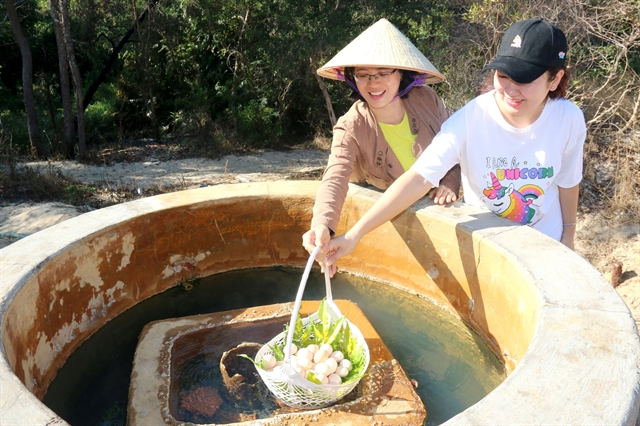
|
| Tourists boil eggs in a natural hot spring in Bình Thuận Province’s Hàm Thuận Nam District. — VNA/VNS Photo Nguyễn Thanh |

